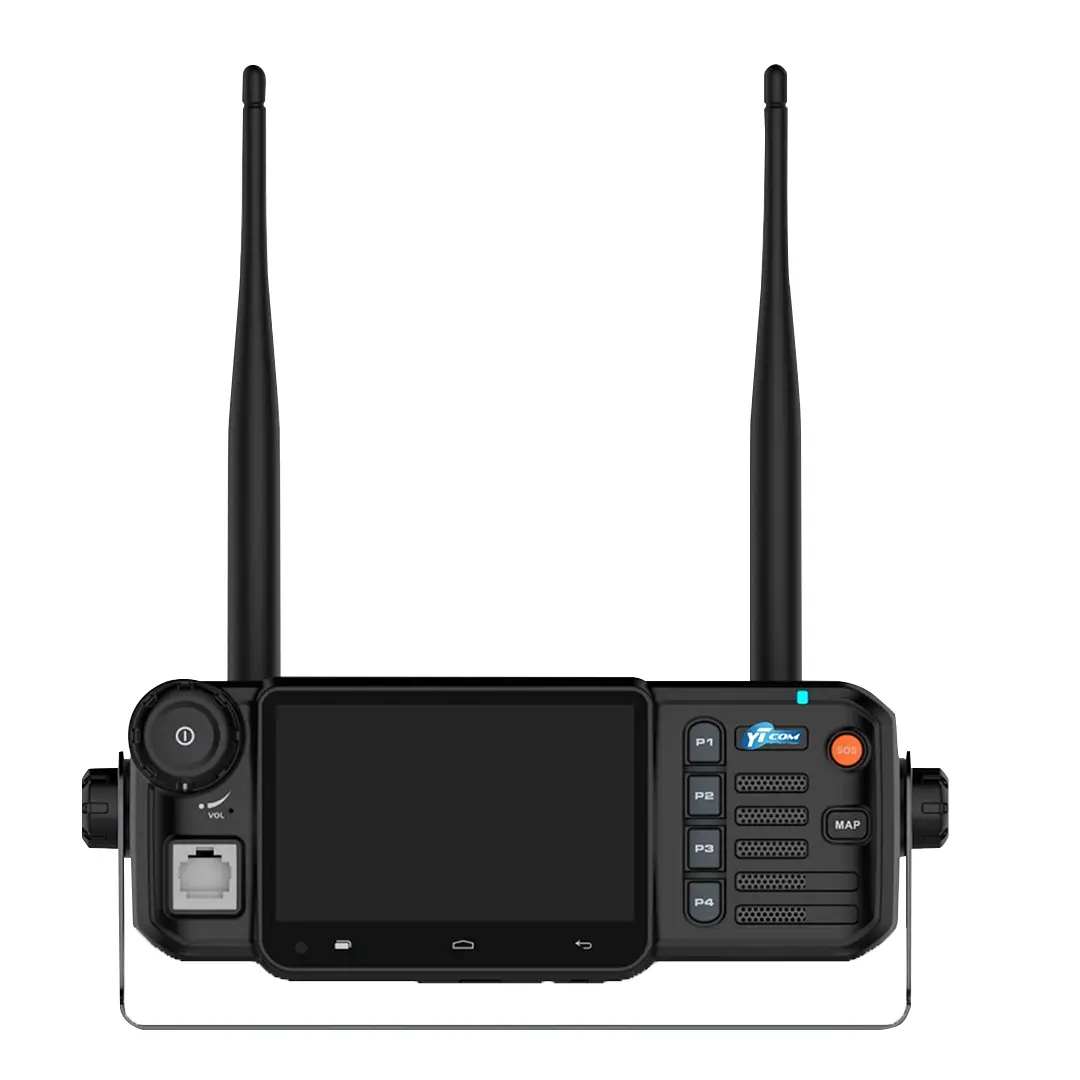No matter what business or industrial sector you belong to, any successful operation depends on some systems and the interaction between them. Computer systems, electronic systems, and mechanical systems are just some of the systems that modern organizations use daily. Although each system has an important role to play, some of the applications, processes, and systems are more basic than others and of greater importance to the day-to-day functioning of the organization or business. These systems that are considered critical for task performance are defined by their broad-scale or their deep integration, with the management of these systems being an integral part of the very survival of the organization.
So, what exactly is a Mission Critical System (MCS)?
This is a system that is essential for the survival of an organization. Depending on the topology of the company or organization and its dedicated function, another thing that defines these systems is that they are extremely broad and comprehensive, with deep and thorough integration in the core of the organization. Critical systems often link and connect other systems and applications to perform critical action and achieve specific goals.
If a mission-critical system fails or is interrupted in any way or reason, processes and actions in the organization will be significantly adversely affected. Examples of mission-critical systems include aircraft control systems, power grid systems, and emergency communications systems. Human lives do not always have to be on the line, however, many organizations and businesses depend on these systems to perform their work in the best way that will yield value to the organization or business.
A system can be considered critical to a task when one of the following conditions is met:
Human life or safety is at risk.
Data or information in the organization is at risk.
The affected parties are subject to legal, regulatory, or financial expenses.
The reputation of the organization or company is significantly adversely affected.
Critical business functions and applications are affected.Critical system management
Identifying and defining systems as critical systems is very important to enable effective management and control in the organization. The hierarchies between systems and processes usually exist across hardware infrastructure and software systems when it comes to new and evolving organizations that can create these hierarchies directly or internally. Databases and process control servers are mission-critical systems for most organizations with integrated logistics and project management functions and are considered essential for its smooth functioning and risk reduction in day-to-day work.
Despite the importance of identifying risks, only 46% of the organizations surveyed in a recent ERM report have a risk management policy statement.
For example, data centers, servers and databases, and business networks must be protected from any scenario that could result in the loss of data or key business functions. Whether it is a cyberattack, a power outage, or poor hardware, prudent management is needed to ensure its smooth functioning and achieve results.
Increased connectivity between different interfaces greatly impairs their security, and also affects critical systems. According to a recent report in Edges can, 19% of all interface security vulnerabilities in 2018 were related to Internet applications, and 81% were due to the network’s vulnerability.
Managing critical systems involves a considered and attractive approach that includes: identifying, evaluating relationships, implementing, and analyzing.
Identification – is done by assessing and charting the hierarchy between the systems and the integrals between them in the organization. If a Triage-type decision needs to be made to remove or delay certain systems, critical processes for the task must be isolated and regular backing ensured.
Relationships – The relationships between mapped systems with the data taken in favor of measuring the potential impact of specific risks. The management of these critical systems measures specific risks based on the interaction between the systems and their importance to the organization.
Implementation – Crisis management systems management is an ongoing process, where new data and business processes need to be integrated with existing security standards. IT support services play a key role in ensuring security and logistics execution. Therefore, whenever changes need to be made, it is important to be aware of critical systems on a large or basic scale.
Analysis – Real-time monitoring and accurate reporting are used to analyze real and possible risks. The risk management is then implemented so that all the various parties and systems can work together following the established risk management framework. Ongoing reports and reviews from an external IT service provider can provide important insights.
By their very nature, crisis management systems (MCS) are an integral part of the health and operational capabilities of your business or organization. To manage risks effectively in today’s connected and data-rich world, it is important to optimally identify and manage all of the systems that define your organization.




